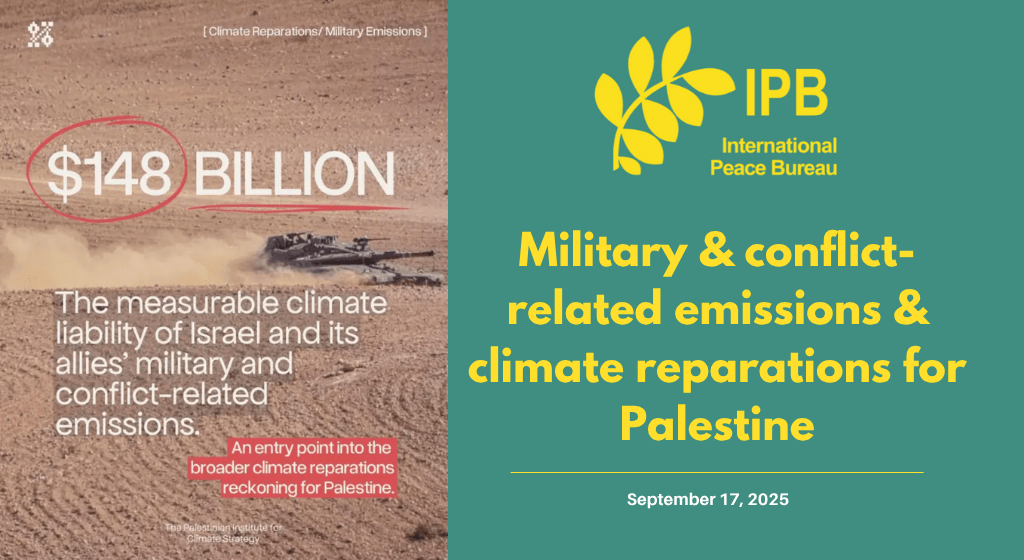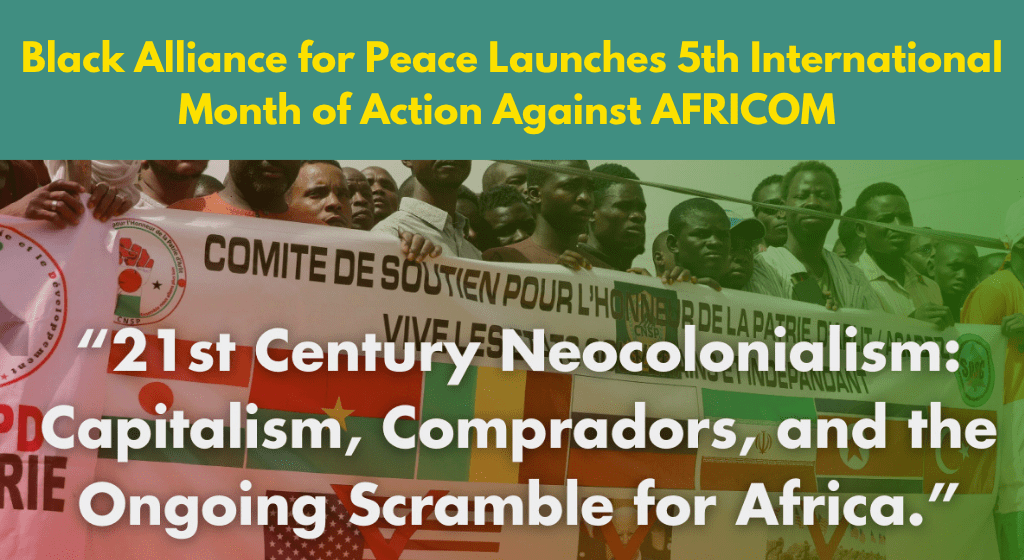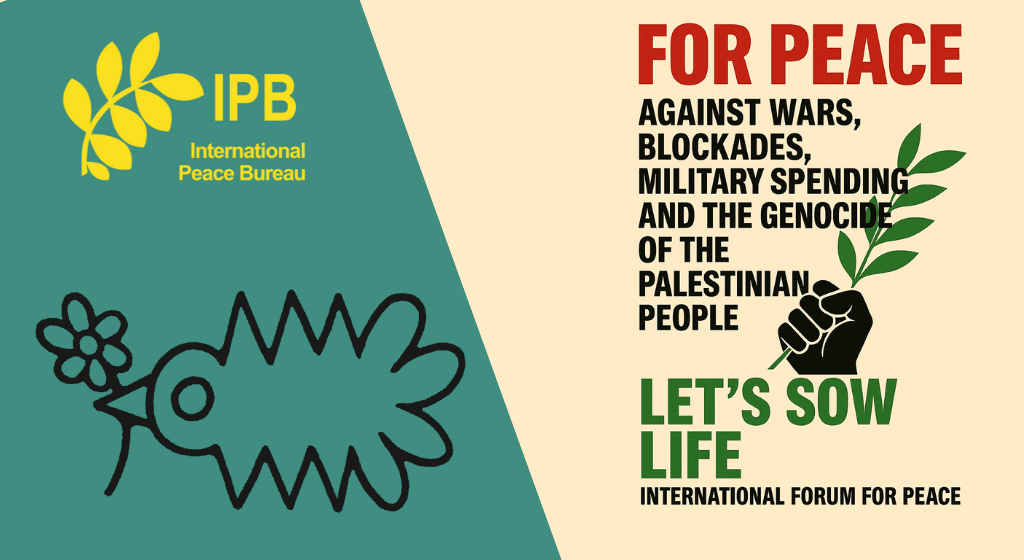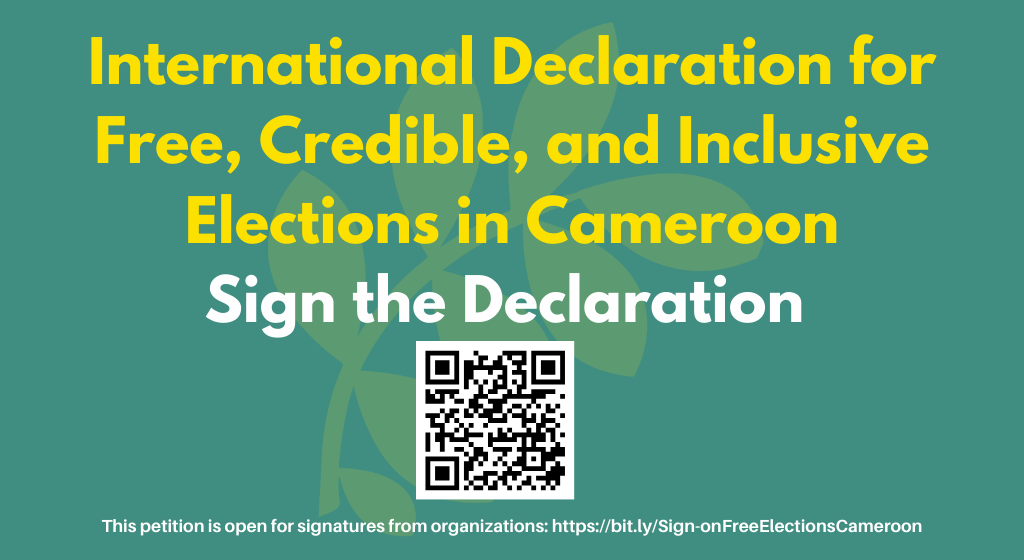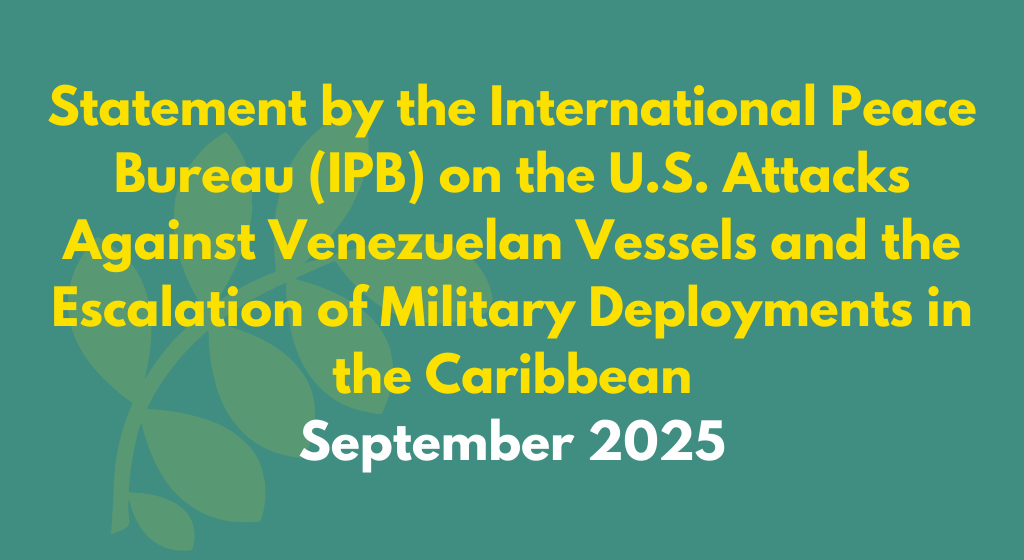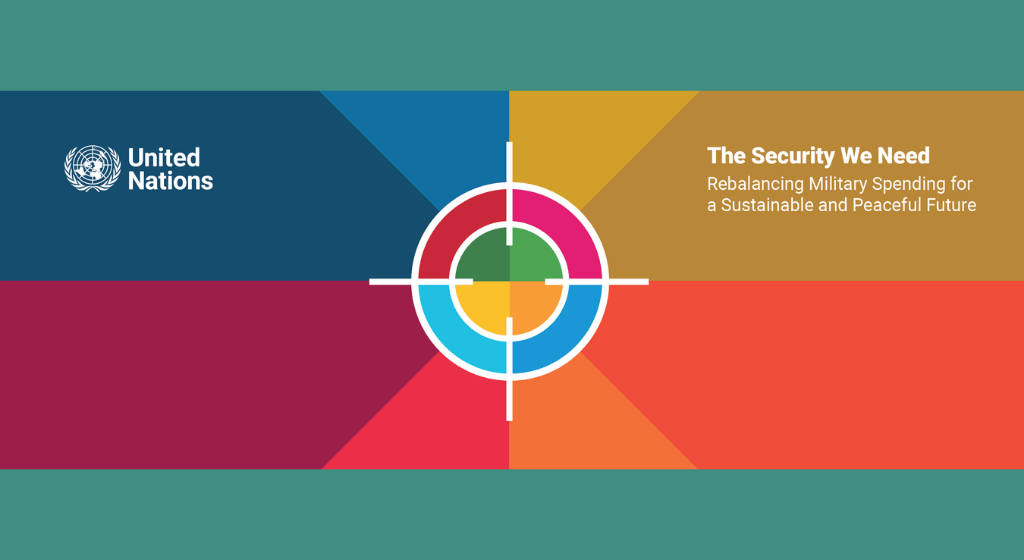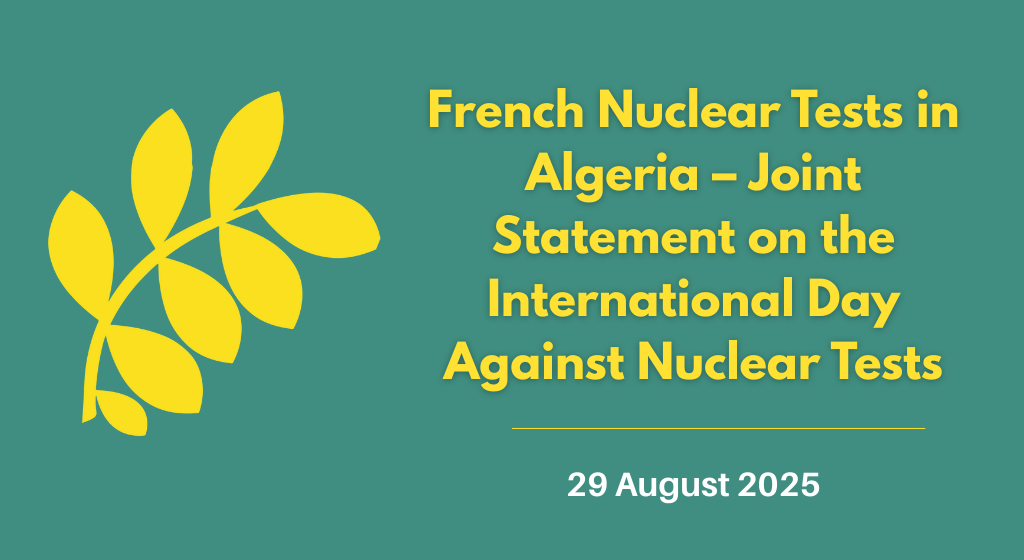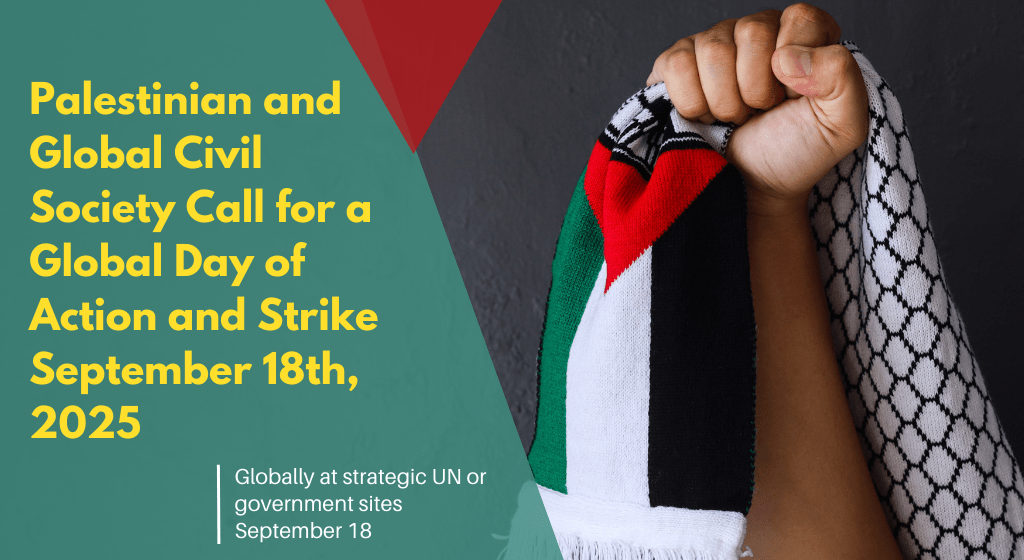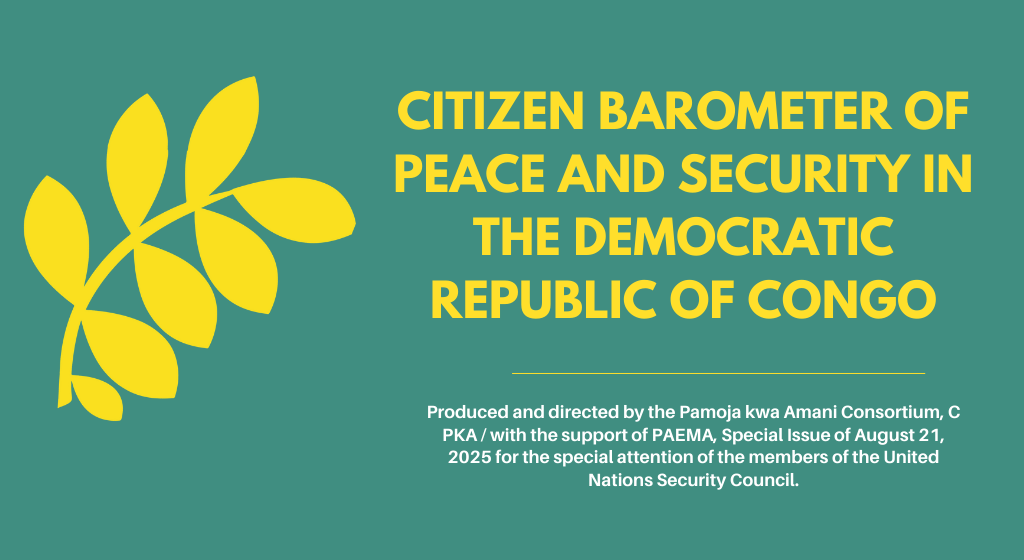2025 World Conference against A and H Bombs Declaration of the International Meeting
It will soon be 80 years since the atomic bombs were dropped by the US on Hiroshima on August 6 and Nagasaki on August 9, 1945. Now, in this 80th year, the world must make a decision to abolish nuclear weapons and to take necessary actions to implement that commitment. Assembled in Hiroshima, we recall anew the unspeakable devastation caused by nuclear weapons, and appeal to the people around the world to open the road to a nuclear weapon-free, peaceful and just world.the world must make a decision to abolish nuclear weapons and to take necessary actions to implement that commitment. Assembled in Hiroshima, we recall anew the unspeakable devastation caused by nuclear weapons, and appeal to the people around the world to open the road to a nuclear weapon-free, peaceful and just world.
Continue reading “In the 80th Year of the A-Bombing – Decision and Action Now to Abolish Nuclear Weapons!”

